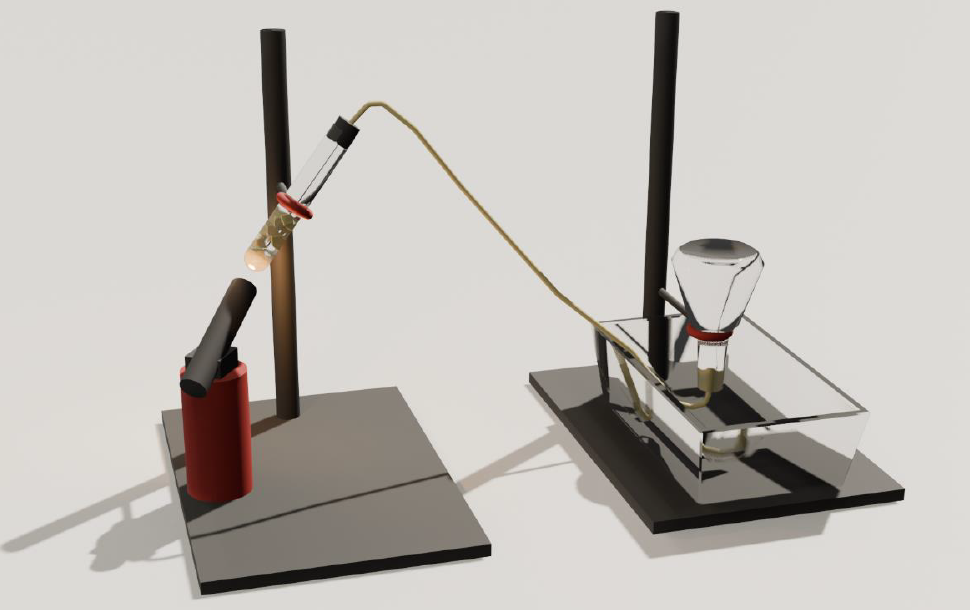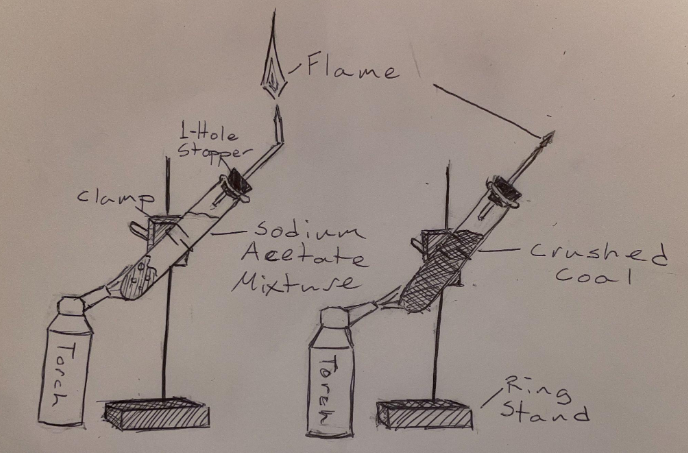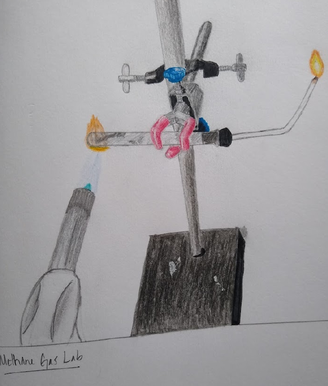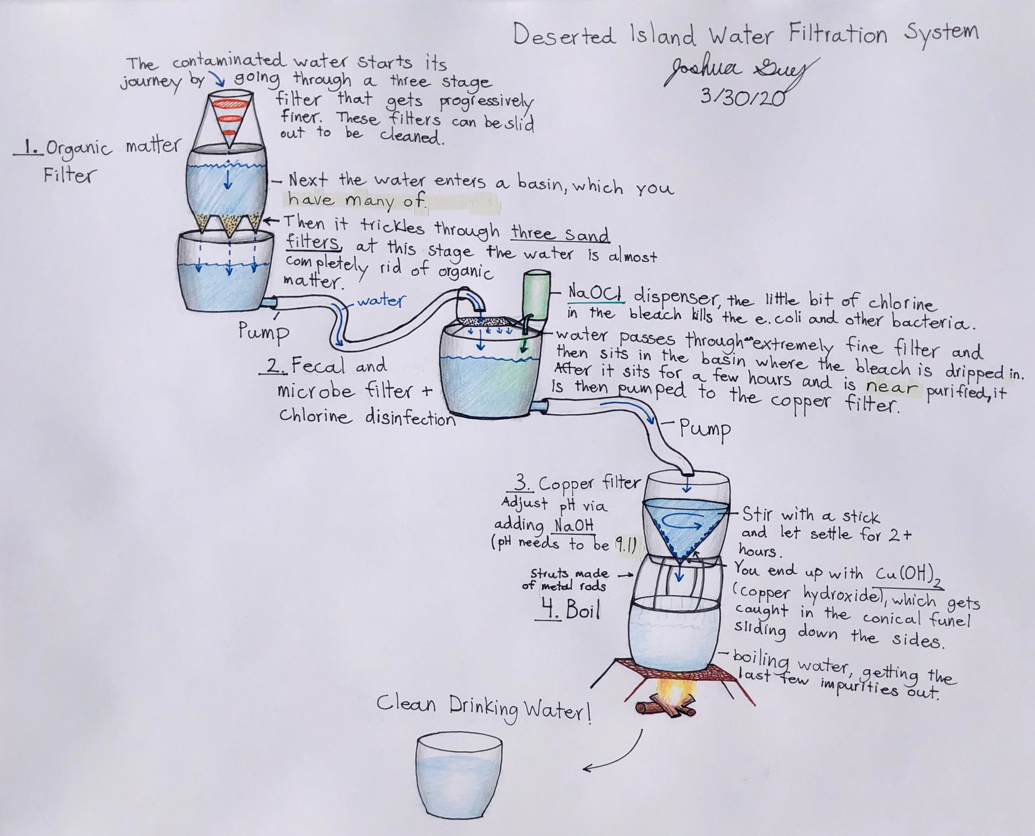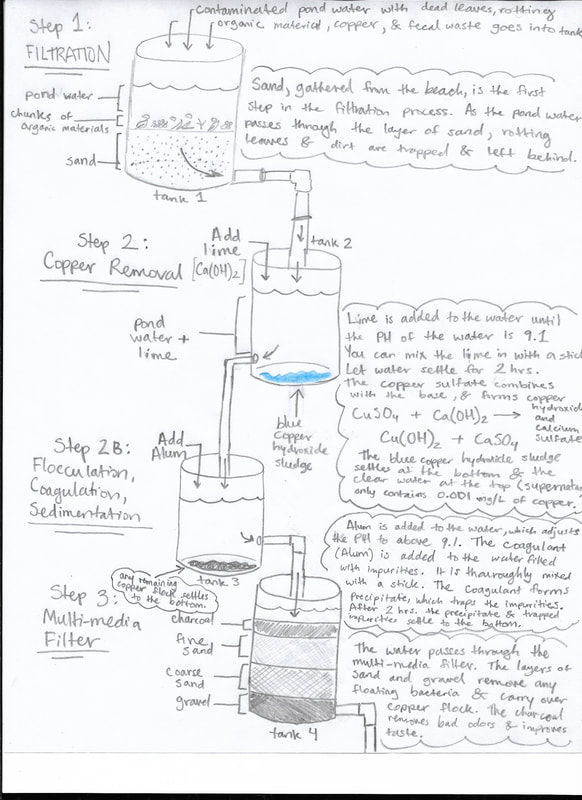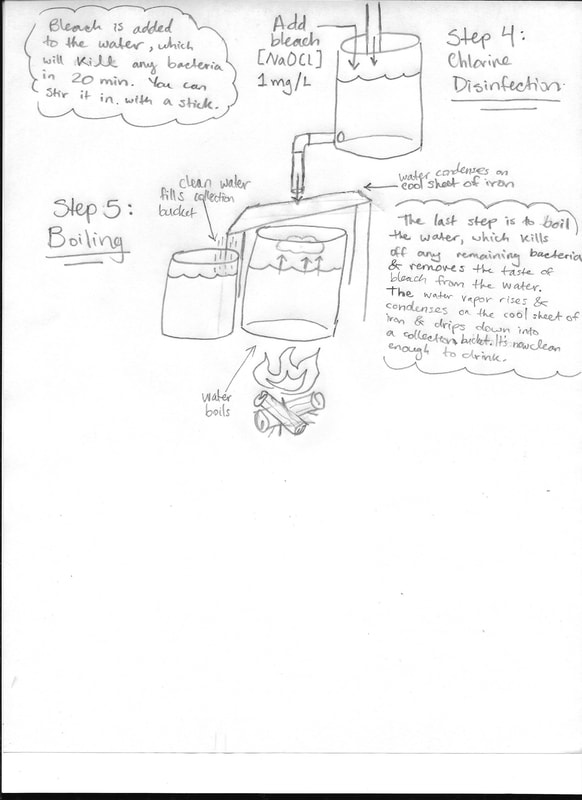Unit 10: Properties of Gases
Reading
BJU Chemistry: Ch. 10 "Gases"
AP Classroom: Unit 3 "Intermolecular Forces and Properties"
AP Princeton Review: Unit 3 (continued)
Topics
Labs
Case Study
Deserted Island Water Supply
BJU Chemistry: Ch. 10 "Gases"
AP Classroom: Unit 3 "Intermolecular Forces and Properties"
AP Princeton Review: Unit 3 (continued)
Topics
- Properties of gases
- Ideal gas law
- Law of partial pressures
Labs
- Carbon Dioxide lab
- Methane lab
- Gas Properties weblab
Case Study
Deserted Island Water Supply
| 9._gases_class_noteas.docx |
Carbon Dioxide lab
| co2_lab_handout.pdf |
| co2_lab_-_determining_the_mw_of_co2.pdf |
Methane lab
Prepare methane gas two ways: 1) from sodium acetate (video), and 2) from destructive distillation of coal.
Prepare methane gas two ways: 1) from sodium acetate (video), and 2) from destructive distillation of coal.
| 0._methane_lab_handout_3pp.pdf |
| methane_lab_student_exemplars.pdf |
Gas Properties weblab
| 10._gas_properties_weblab_2024.docx |
Homework
2022: The Gas Laws problems are now in Canvas as a multiple choice exercise.
2022: The Gas Laws problems are now in Canvas as a multiple choice exercise.
Optional: Deserted Island Water Scenario
Research and submit a 1-1/2 to 2 page report on the following – “On the way home from delivering emergency food & medical supplies to a remote Island Chain, your plane goes down and you & your friends parachute onto a deserted island. You quickly discover that your only source of drinking water is a large pond with smelly and suspicious-looking water. You suspect it contains 1) decaying organic matter - plants, leaves, dead things, etc., 2) dissolved copper from an abandoned copper smelter which operated for 50 years without an environmental permit, and 3) fecal waste and microbes from large numbers of sea birds which frequent the island. How can you purify the water enough to drink? Assume you have a fully-stocked chemistry lab - plus an assortment of tanks, pumps, piping, valves, duct tape, glue, wire, scrap metal & wood & plastic, and an electric generator which can be salvaged from your wrecked plane. You cannot use Reverse Osmosis or any off-the-shelf type of purifier. Start by doing Internet research on removing each of these contaminants. They're not difficult to treat; you just need to do some research. Then design and sketch a small treatment plant - using only the supplies listed - with a description of any chemicals used, the processes employed, and any equipment needed for the overall process. Include as many labelled sketches as needed to describe the treatment process.”
Research and submit a 1-1/2 to 2 page report on the following – “On the way home from delivering emergency food & medical supplies to a remote Island Chain, your plane goes down and you & your friends parachute onto a deserted island. You quickly discover that your only source of drinking water is a large pond with smelly and suspicious-looking water. You suspect it contains 1) decaying organic matter - plants, leaves, dead things, etc., 2) dissolved copper from an abandoned copper smelter which operated for 50 years without an environmental permit, and 3) fecal waste and microbes from large numbers of sea birds which frequent the island. How can you purify the water enough to drink? Assume you have a fully-stocked chemistry lab - plus an assortment of tanks, pumps, piping, valves, duct tape, glue, wire, scrap metal & wood & plastic, and an electric generator which can be salvaged from your wrecked plane. You cannot use Reverse Osmosis or any off-the-shelf type of purifier. Start by doing Internet research on removing each of these contaminants. They're not difficult to treat; you just need to do some research. Then design and sketch a small treatment plant - using only the supplies listed - with a description of any chemicals used, the processes employed, and any equipment needed for the overall process. Include as many labelled sketches as needed to describe the treatment process.”
| 8._deserted_island_water_supply_scenario.docx |

